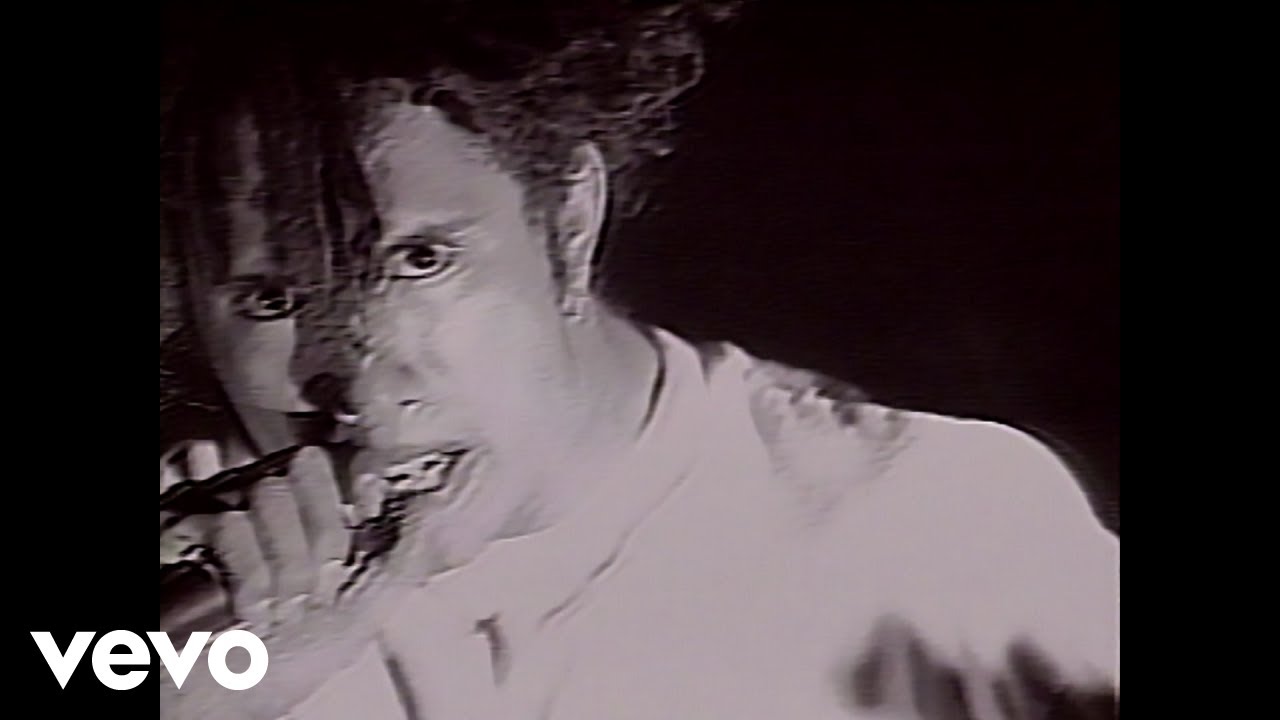Fun Fact

“Killing in the Name” is known for its controversial lyrics and was initially banned from some radio stations due to its explicit content. The song’s lyrics deal with themes of police brutality and institutional racism, and its repeated chorus of “Fuck you, I won’t do what you tell me!” has become an iconic rallying cry for social justice movements. The song’s music video features footage of the band’s performance at a protest concert outside the Democratic National Convention in 2000, where they were met with heavy police presence and faced arrest. The video captures the intensity and passion of the band’s live performances and adds to the song’s powerful message of resistance and rebellion.
About the Band
Rage Against the Machine is an American rock band from Los Angeles, California. Formed in 1991, the group consists of vocalist Zack de la Rocha, bassist and backing vocalist Tim Commerford, guitarist Tom Morello, and drummer Brad Wilk. The band is known for melding heavy metal and rap music with punk rock and funk influences, as well as their revolutionary socialist political views. As of 2010, they have sold over 16 million records worldwide.
The band’s debut album, Rage Against the Machine, was released in 1992 and was a critical and commercial success. The album was certified quadruple platinum by the Recording Industry Association of America (RIAA) and spawned the hit singles “Killing in the Name”, “Bullet in the Head”, and “Bombtrack”. The band’s second album, Evil Empire, was released in 1996 and was also a critical and commercial success. The album was certified triple platinum by the RIAA and spawned the hit singles “Bulls on Parade”, “Guerrilla Radio”, and “Sleep Now in the Fire”.
About the Song
“Killing In the Name” is a song by American rock band Rage Against The Machine, released in 1991 as the lead single from their self-titled debut album. The song has become an anthem for political protests and social justice movements, with its message of anger and defiance resonating with audiences across generations.
The song opens with a simple but powerful guitar riff, followed by frontman Zack de la Rocha’s signature aggressive vocals. The lyrics condemn institutionalized racism and police brutality, with de la Rocha repeatedly chanting the line “Some of those that work forces are the same that burn crosses.”
The song’s music video, directed by Peter Christopherson, features footage from protests and police confrontations, as well as scenes of the band performing in a warehouse. The video was banned by MTV due to its graphic content, but it continued to gain popularity through alternative channels, such as the band’s live performances and word-of-mouth.
“Killing In the Name” was a commercial success, reaching number 25 on the UK Singles Chart and earning a spot on the Billboard Hot 100. The song’s popularity continued to grow, particularly after the September 11 attacks in 2001, when it was adopted as an anthem of resistance against the US government’s foreign policy.
In 2009, a Facebook campaign was launched to make “Killing In the Name” the UK’s Christmas number one, in protest against the commercialization of the music industry. The campaign was successful, with the song outselling the X Factor winner’s single and reaching the top of the charts.
Overall, “Killing In the Name” is a powerful and provocative song that continues to inspire and resonate with audiences around the world. Its message of protest and resistance remains relevant today, and its impact on music and popular culture is undeniable.






















